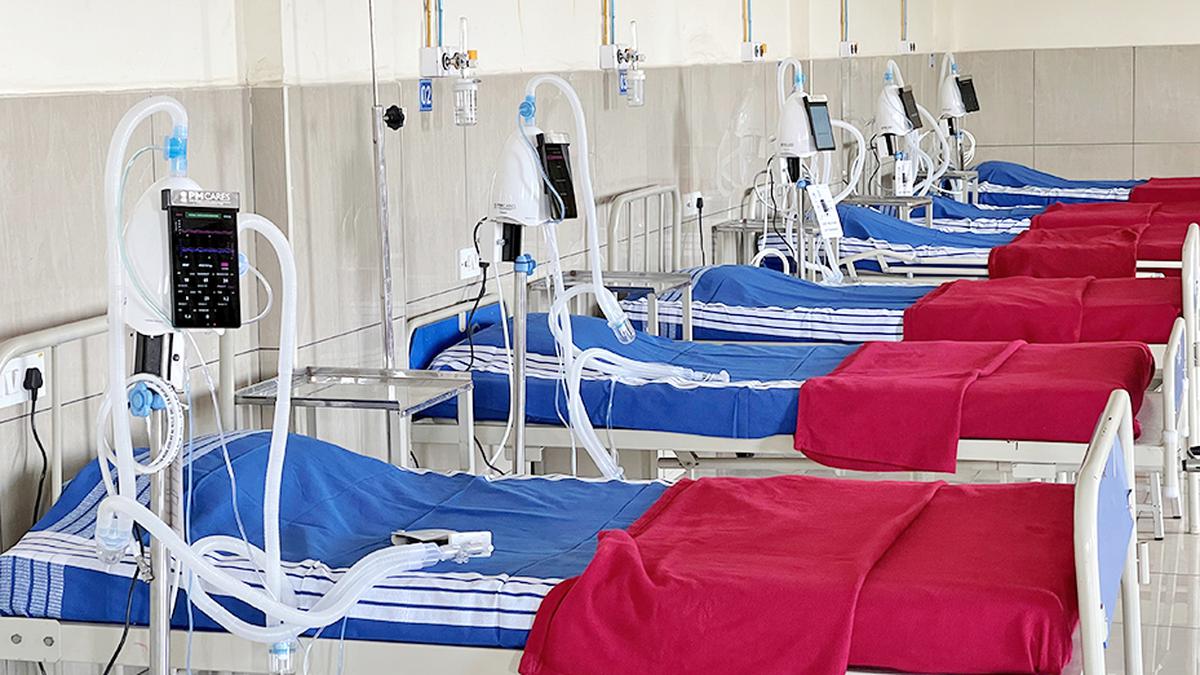
Inter-hospital kidney swap transplant gives new lease of life to 2
The Hindu
Swapping of donors for transplants between two families from two different hospitals in Bengaluru was made possible following approval by the Karnataka State Authorisation Committee for organ transplant
In an inter-hospital two-way transplant swap or paired exchange, 53-year-old housewife Lakshmi S. Acharya and 39-year-old vehicle driver Rudra Prasad got life-saving kidney transplants.
The procedures were carried out at BGS Gleneagles Global Hospital and Suguna Hospital.
Ms Lakshmi was operated on by a team of doctors led by Anil Kumar B.T., Senior Consultant - nephrologist and transplant physician at BGS hospital, while Mr Rudraprasad was operated on by a team of doctors led by Sanjay S., Senior Consultant - nephrologist and transplant physician at Suguna hospital.
Despite having a potential donor in the family — Shivashankarappa, the father of Rudraprasad — and Shreesha — the husband of Lakshmi, they were unable to donate because of the positive cross-match findings of their receivers.
Dr Anil Kumar said, “Mrs Lakshmi was suffering from ESRD (End Stage Renal Disease). Her husband was the proposed organ donor. However, the cross-match tests were positive. Therefore, it was difficult to proceed with the transplant. Hence, they were referred to our hospital for swap transplant. For us, there were three possibilities. One was to proceed with the same donor by performing the desensitisation treatment. The second was to hunt for another incompatible matched pair. The third was registration for cadaver transplant that takes another 3-5 years.
“Lakshmi could not have had a successful transplant post-desensitisation from her husband because she had several anti-bodies against him. Only when anti-bodies are in low quantities is it possible to do the desensitisation.
“Since there were numerous and high levels of anti-bodies in this case, transplanting after desensitisation carried a significant risk of rejection. We were fortunate that Suguna hospital had another such pair. In coordination, we discussed the swap transplant with the two families, and they agreed to move forward.”













